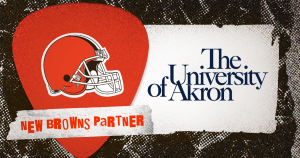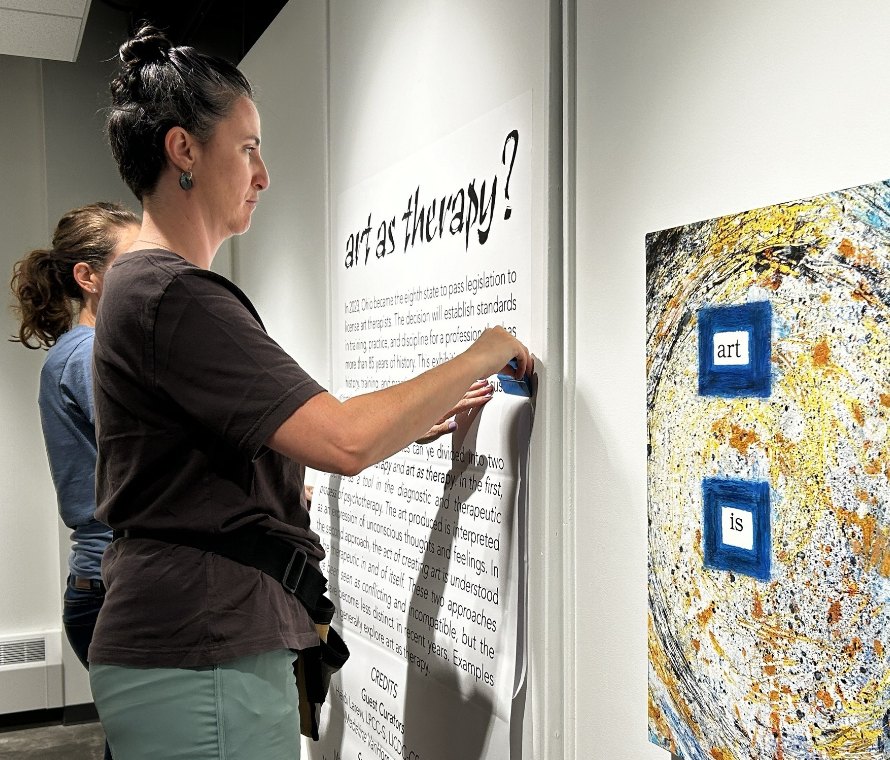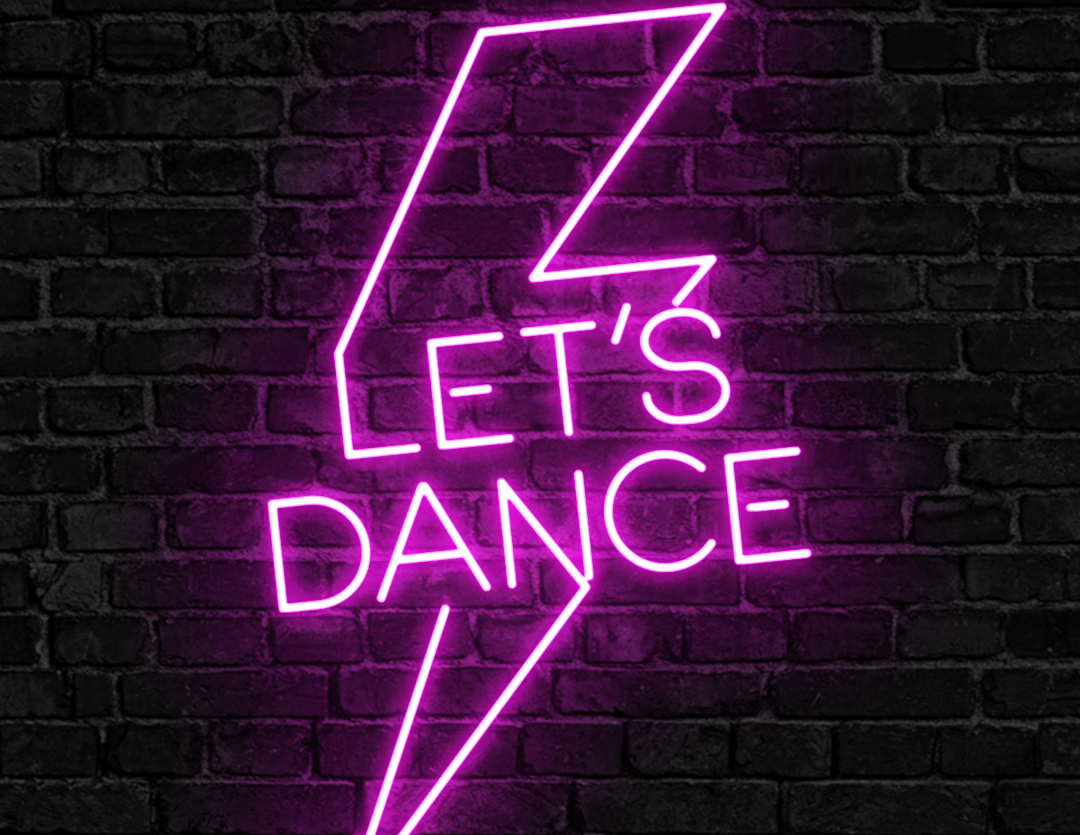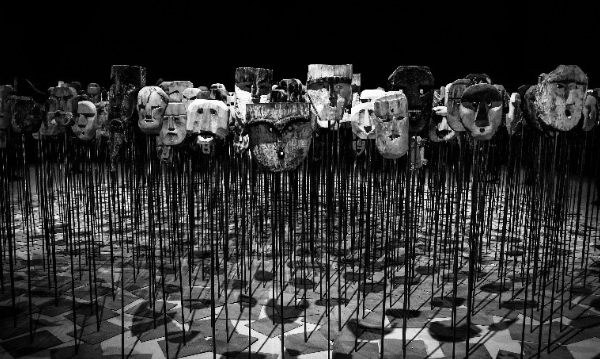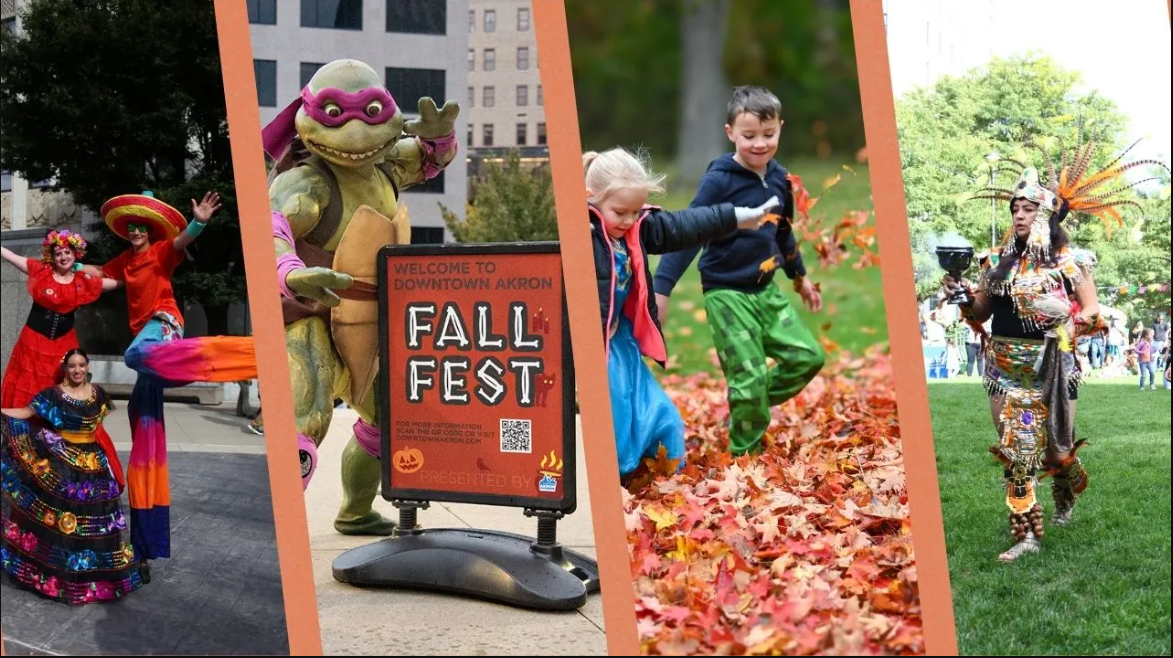Rethinking Race Conversation Tackles Heroes, Race
The upcoming event will encourage people to evaluate their idea of what race a hero should be and how there has been a recent shift toward diversity in the film industry.
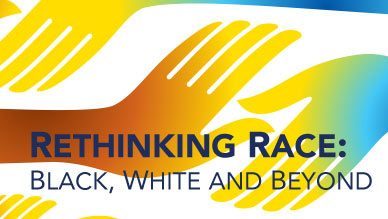
(Image via The University of Akron)
The events for this year’s Rethinking Race Series began Feb. 25 and will end on March 8.
March 4, 2019
As the events of Rethinking Race seek to inspire discussion about the roles given to a race in society, various subjects about how the different races are viewed also come up.
On March 4 from 11:45 a.m. to 1:15 p.m., a law professor from The University of Akron will address the topic of “non-traditional casting” during “Face to Face — What Race is a Hero?” at the Taber Student Union in room 335.
According to UA’s Rethinking Race webpage, these face-to-face conversations are aimed at taking the sensitive issue of race to a comfortable forum for people to discuss their beliefs openly without worrying about stereotypes.
Participants are not only encouraged to speak freely and respectfully about their beliefs but to also listen openly as others share their opinions and feelings throughout the discussion.
“The hope is that participants are ready to move outside their comfort zones, ready to examine implicit assumptions and thoughtfully challenge those of others,” the webpage said. “The conversations are held in a casual setting that encourages open conversation.”
The UA events page asks the question, “Is it political correctness gone mad or the expansion of the imagination?”
In the past, the vast majority of heroic characters in films and other entertainment productions have undoubtedly been white. Only recently, has there been a shift toward diversity in casting for the entertainment industry.
Brant T. Lee, a UA professor of law and the director of diversity and social justice initiatives, said he has seen much discussion revolving around diverse casting and several different responses to it.
“It seems to strike a particular nerve, both in good ways and bad, when fictional characters (or even historical figures, like in Hamilton) are cast nontraditionally. That makes it a good topic for discussion,” Lee said.
As movies and other productions of recent times continue to diversify their cast of characters, it is a topic worthy of discussion how these changes are received in relation to how race is perceived, Lee said.
“Why should the casting of a fictional character elicit such strong emotional responses that people would object vehemently? Or, on the other hand, why would people cry real tears seeing their identity featured on the screen for the first time in a new way? We bring a lot of unconscious expectations with us to the movies,” Lee said.
Overall, students are encouraged to attend this event, not only as a part of the Rethinking Race series but also to better understand the new things happening with heroes in the entertainment industry.
“Something new and different is happening,” Lee said. “What’s your reaction to a Hispanic Spider-Man, or a Black Hermione, or an Asian George Washington, or a White Ancient One? Come talk it over.”



